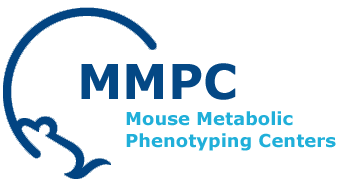The University of Cincinnati Mouse Metabolic Phenotyping Center is a comprehensive resource for the phenotypic characterization of mouse models pertaining to the study of diabetes and its complications. The Center is one of multiple Mouse Metabolic Phenotyping Centers are supported by the National Institutes of Health (NIDDK).

The tests are broken down according to major divisions of metabolism, irrespective of the core in which they are offered. Clicking on each division will take you to the appropriate core homepage.

The UC MMPC invites speakers from various universities to present their research. The goal is to improve and refine our phenotyping capability.

The UC MMPC is sponsored by the National Institutes of Health as a resource to provide services to the community of scientists who use mice to study diabetes, obesity, diabetic complications, and other metabolic diseases.
Our Goal
Our mission is to advance medical and biological research by providing the scientific community with standardized, high quality metabolic and physiologic phenotyping
Our mission is to advance medical and biological research by providing the scientific community with standardized, high quality metabolic and physiologic phenotyping
Our Services
services for mouse models of diabetes, diabetic complications, obesity, and related disorders. We specialize in the immunological aspects of Type I diabetes, measurement of various glucose and lipid metabolism parameters relevant to Type II diabetes as well as diabetic complications such as heart disease and obesity.

